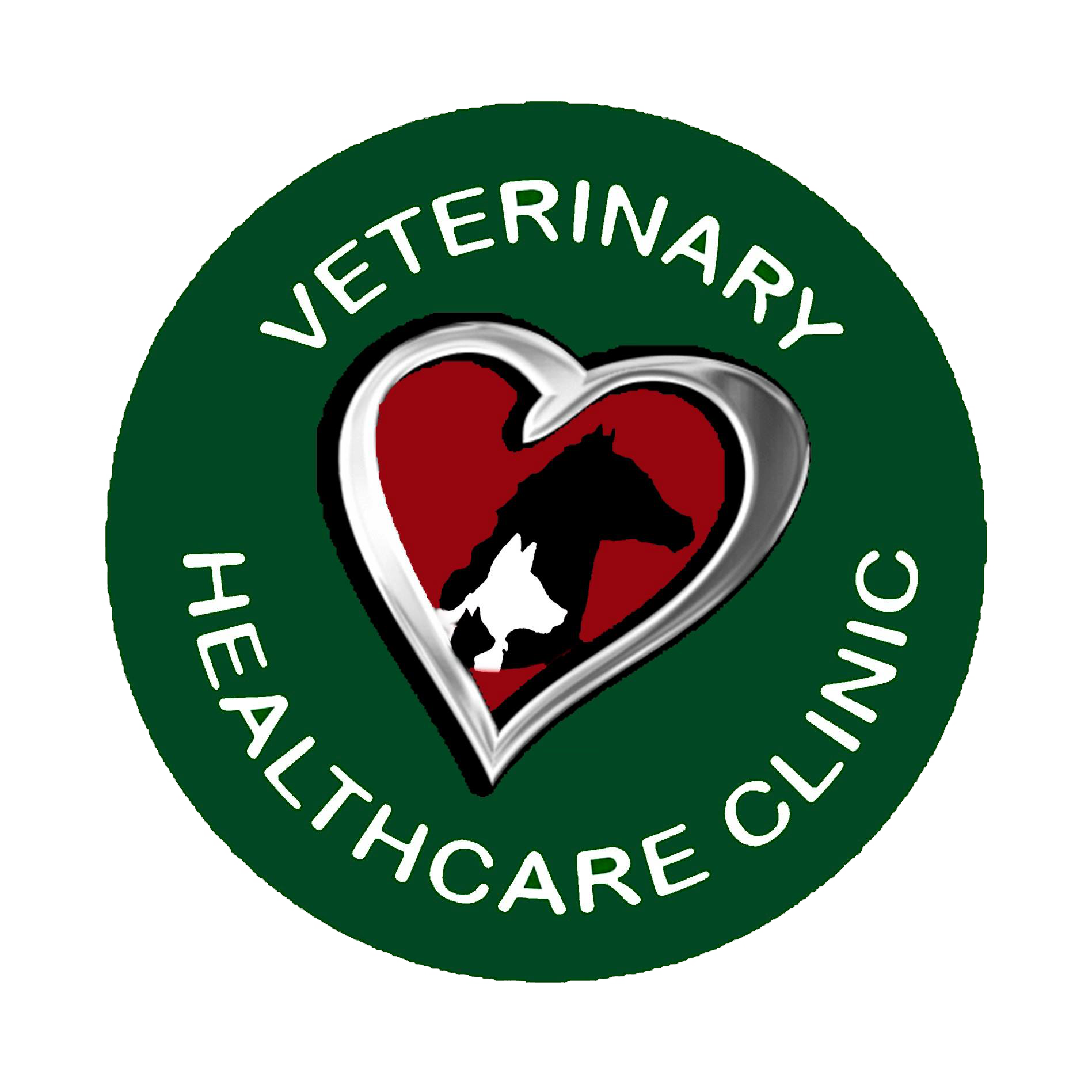Library
-
Bearded dragons are susceptible to several health problems; understanding them will help you prevent them from occurring in your pet and know when to seek veterinary attention. Problems described in this handout include salmonellosis, avascular necrosis, tail rot, abscesses, and dystocia (egg binging).
-
The bearded dragon is a popular small- to medium-sized pet lizard. Bearded dragons are omnivorous, meaning they eat both plant and animal-based foods, including insects. They should consume a diet that is 50% insects and 50% green leafy vegetables. This handout is a general guide for feeding pet bearded dragons a nutritious and balanced diet.
-
Chameleons are fascinating pets with bright colors and eyes that can rotate 360 degrees. Chameleons range in size from 0.9 inches to 27 inches long. They require special considerations in relation to their cage set-up and diet. Most chameleons do well on a cricket, mealworm, or waxworm-based diet. All chameleons require UVB lighting, a heated cage environment, and humidity of 60%-90%.
-
Turtles may be affected by any of the following conditions: metabolic bone disease (MBD), vitamin A deficiency, respiratory infections, abscesses, shell infections and fractures, and parasites. This article outlines typical signs and treatment for these common conditions. Seek immediate veterinary care if there is any deviation from normal in your pet turtle.
-
There are several problems that can occur in aquatic turtles. This handout discusses the most noted problems: calculi, tissue prolapses, irregular shell growth, shell fractures or trauma, algae on the shell, skin and shell sloughing, Salmonella infection that can be passed to humans, dystocia, and hibernation.
-
Turtles are omnivorous, eating both animal protein and vegetable matter. It is important to offer a variety of food to stimulate the turtle to eat and provide nutritional balance. This article discusses how and when to feed your aquatic turtle, recommended foods, supplements, and water requirements for optimal nutrition.
-
Box turtles are omnivorous. Generally, your box turtle's diet should be about 50% plant-based material and 50% animal-based material, but be sure to discuss a specific diet plan for your turtle with your veterinarian. Most young turtles eat daily, while older turtles can be fed either daily or every other day. This article discusses the best foods for your turtle, supplements, water, and light requirements for optimal nutrition.
-
All snakes are carnivores. Some eat warm-blooded prey (rodents, rabbits, birds), while others eat insects, amphibians, eggs, other reptiles, fish, earthworms, or slugs. Live prey should not be fed to snakes. Snakes can be offered thawed, previously frozen prey, or freshly killed prey. Smaller or younger snakes usually eat twice each week, while larger, more mature snakes typically eat once every week or two.
-
This article outlines general guidelines on food intake and supplementation for iguanas. Opinions vary on the nutritional needs of captive iguanas and our knowledge in the subject is continually expanding based on new dietary studies in reptiles. Check with your veterinarian for specific nutritional needs for your pet iguana.
-
Swellings on or around the joints in reptiles can be an indication of uric acid deposits in the area. This condition is referred to as gout. Gout is often painful and may also affect internal organs. Treatment will require medications and sometimes surgery.

